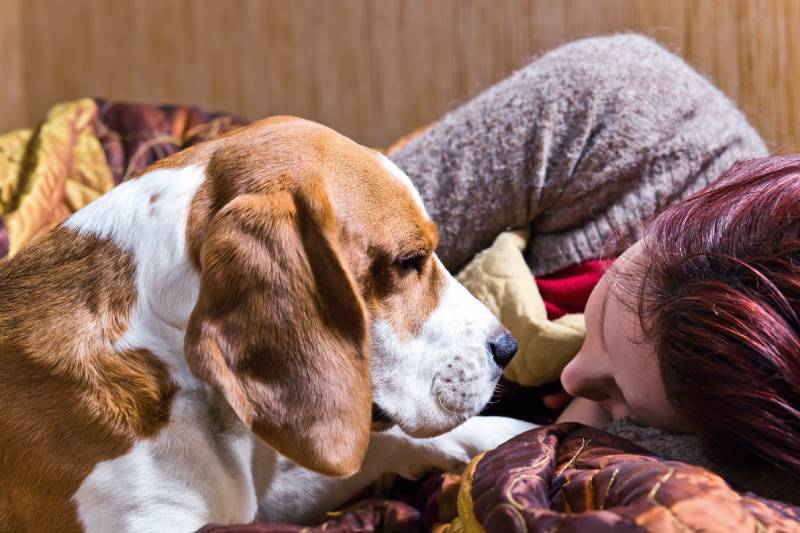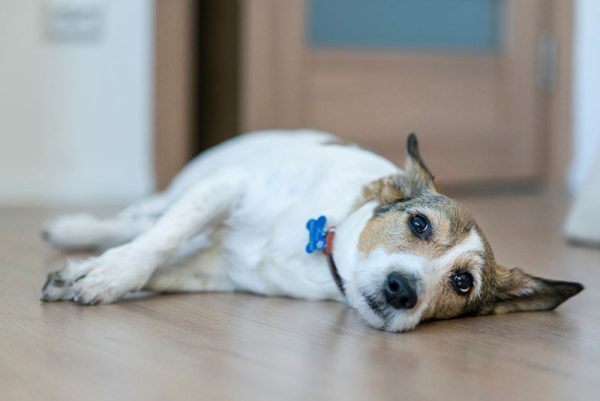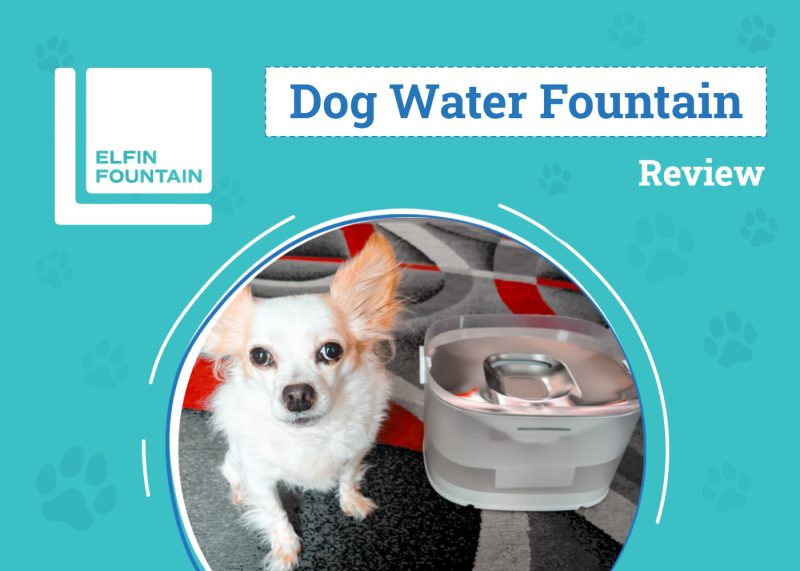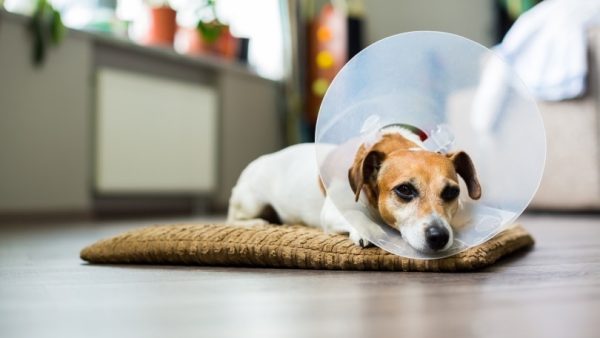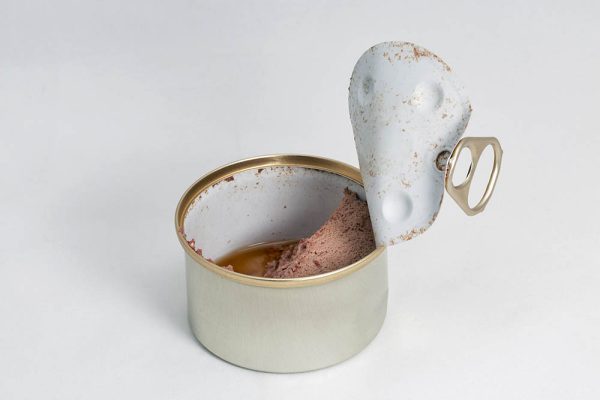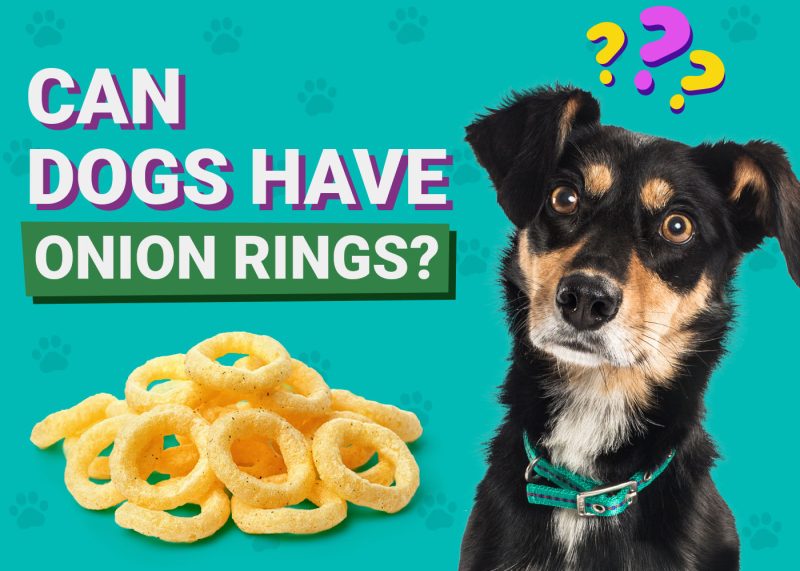Dogs are our best friends. We like to do everything together, but we might not want to share all of the things our dogs do, such as smelly dog burps! If your dog decides that a rumbling belch to the face is precisely what you need, you might wonder what prompted it.
Dogs learn about their surroundings and family members mostly through smell. They also want to be around us all the time. Your dog could have their nose near your face, checking you out, and happen to let out a belch. Another possible reason for burping in your face is excessive gas buildup from a gastrointestinal problem may increase your dog’s burping frequency and the discomfort or pain may have them seeking close reassurance from you.

What Can Cause Dogs to Burp?
While your dog might burp in your face because they are near you, it’s essential to know why they’re burping. Some amount of belching is normal, it’s the body’s way of getting rid of gas that builds up from regular digestion and swallowing of air. Excessive gas, on the other hand, can indicate that all is not well with your pup.
If your dog burps every time they approach you, has overly frequent or smelly gas, or shows signs of discomfort, you must determine what’s causing the problem. Below, we’ll explore some of the reasons why your dog is burping more than normal.
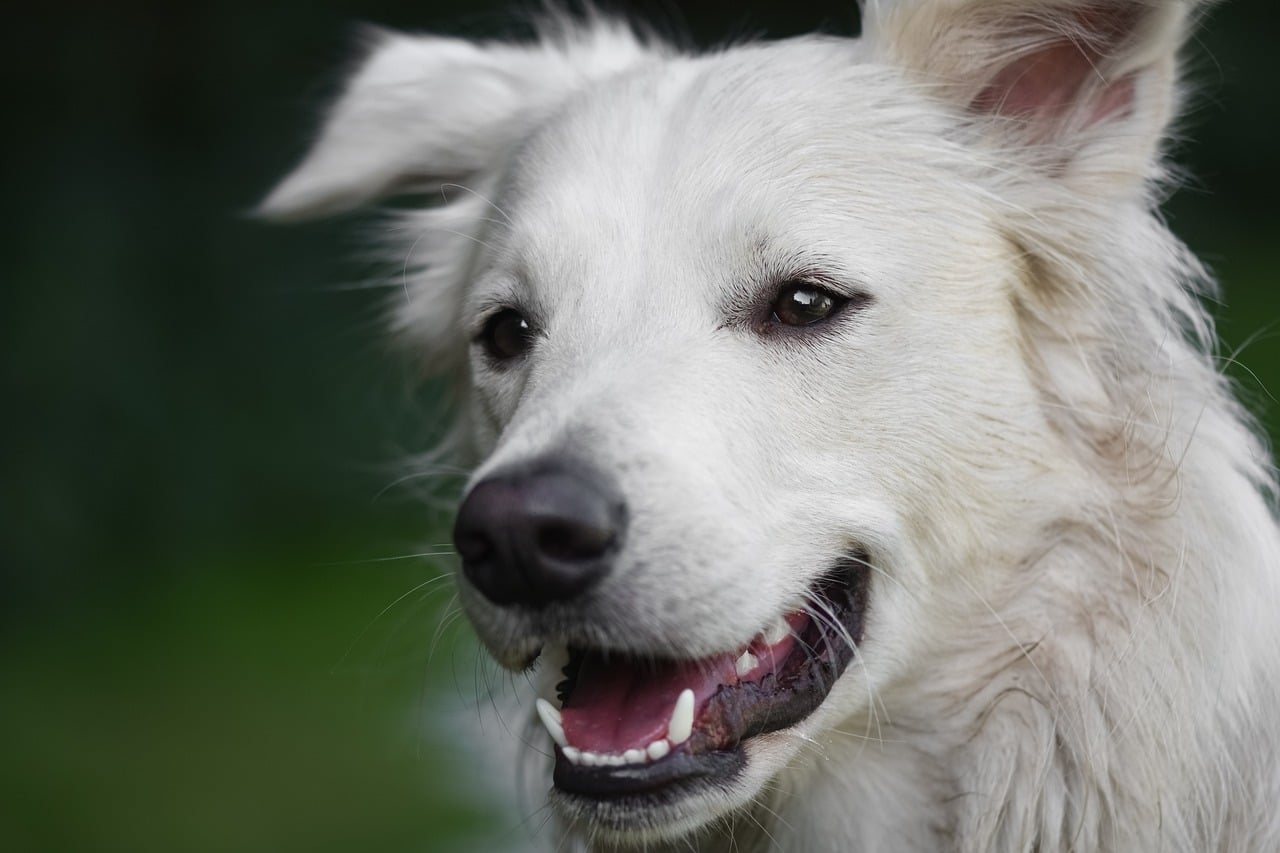
1. Eating Too Fast
A very common cause of excessive burping or gas in dogs is that they’ve eaten too fast. Some dogs can’t help themselves when presented with their dinner and will wolf it down often without chewing. Rapid eating can cause them to swallow a lot of air, which may result in more burping or flatulence.
It’s more common in breeds known to be more food-motivated, such as Labrador Retrievers, but any dog can be a glutton!
2. Swallowing Air
Along with eating and drinking too quickly, some dogs just tend to swallow more air as they go about their day. Brachycephalic, or short-nosed, breeds, such as Bulldogs, Pugs, and Boxers, may normally gulp a lot of air throughout the day because of their facial anatomy.
As they often have poor airflow through their narrowed nostrils they are more likely to pant and mouth breath. Some of this air is then swallowed instead of inhaled. This swallowed air then has to escape the body somewhere, most often as burps or flatulence.
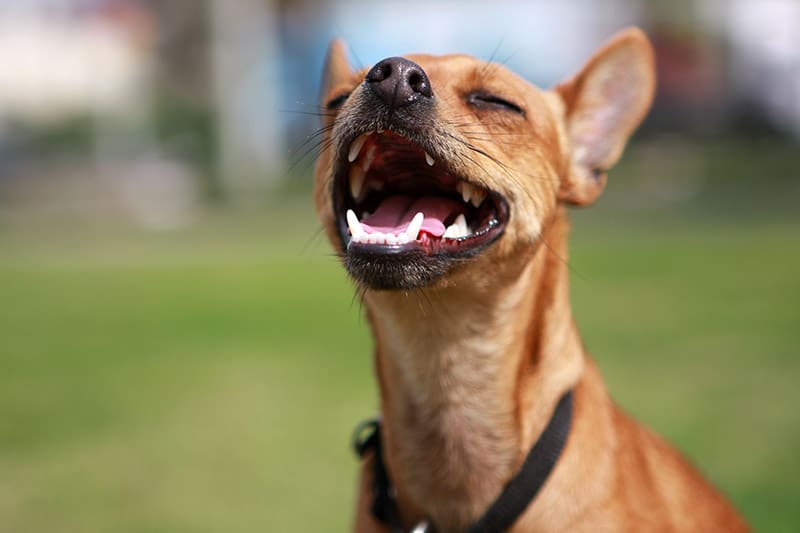
3. Dietary Changes
Quick changes in diet are notorious for producing unwanted gastrointestinal effects in dogs. Dogs typically eat the same food (or a small rotation of foods) for a long period, and their gut gets used to digesting it.
A sudden change or introduction of new food is a shock to their digestive system and can cause excessive burping, flatulence, and diarrhea. The best way to introduce a new food to your dog is to slowly mix the new food into the old food and gradually increase the new-to-old ratio over the course of 7-10 days.
This allows your dog to adapt to the new food slowly and reduces the likelihood of burping, gas, or other GI disturbances.
4. Disease
Some diseases can cause dogs to produce more gas, which can lead to burping. Inflammatory conditions such as inflammatory bowel disease or an infection causing inflammation can lead to belching, flatulence, and diarrhea.
Cancer, parasites, and malabsorption can also cause gas production and diarrhea, so it’s important to visit the vet to rule out any underlying illness if your dog starts belching frequently or displaying other signs of illness or discomfort.
Some of the common signs of gastrointestinal discomfort in dogs include the following:
- Diarrhea (with or without blood)
- Vomiting
- Flatulence
- Stomach pain
- Drooling, licking lips
- Poor appetite
- Weight loss
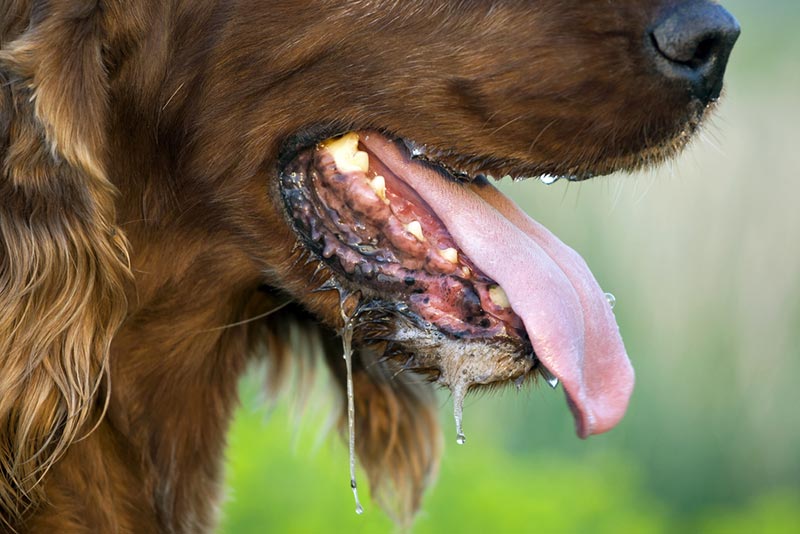

How Can I Stop My Dog from Burping in My Face?
To stop your dog from burping in your face, you first must determine the cause. If you’ve taken your dog to the vet and there’s nothing medical causing it, or if they’re just burping occasionally, walking away when they do it and not reacting can help reduce the behavior.
Dogs usually do things they find rewarding, and getting your attention (even negative attention) when they come over to you and belch could be the reason they do it. You can also use techniques to help them eat slower so that they swallow less air. However, if it’s the occasional burp, it’s likely just coincidental, and there’s not too much you can do to prevent it!
If you’re concerned about your dog’s health we suggest you speak to a vet.
If you need to speak with a vet but can't get to one, head over to PangoVet. It's our online service where you can talk to a vet online and get the advice you need for your dog — all at an affordable price!

Conclusion
Dogs always want to be close and share everything with us. Unfortunately, that often means we have to be around them when they are gassy and burping. Luckily, the occasional burp isn’t abnormal for dogs since they naturally produce gas. However, if your dog frequently burps or has any other signs of discomfort, they should be taken to the vet to be checked over.
Featured Image Credit: Igor Normann, Shutterstock
